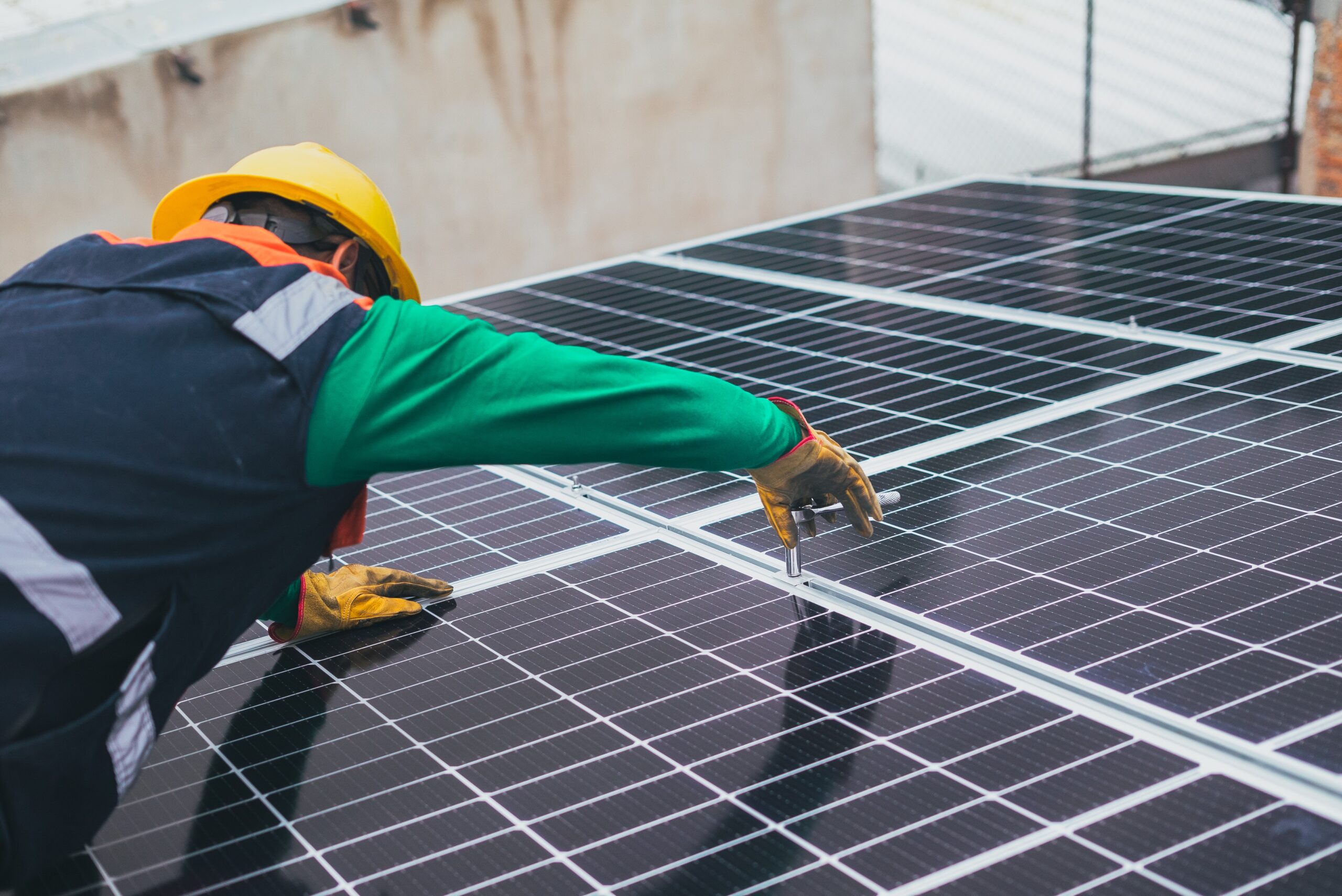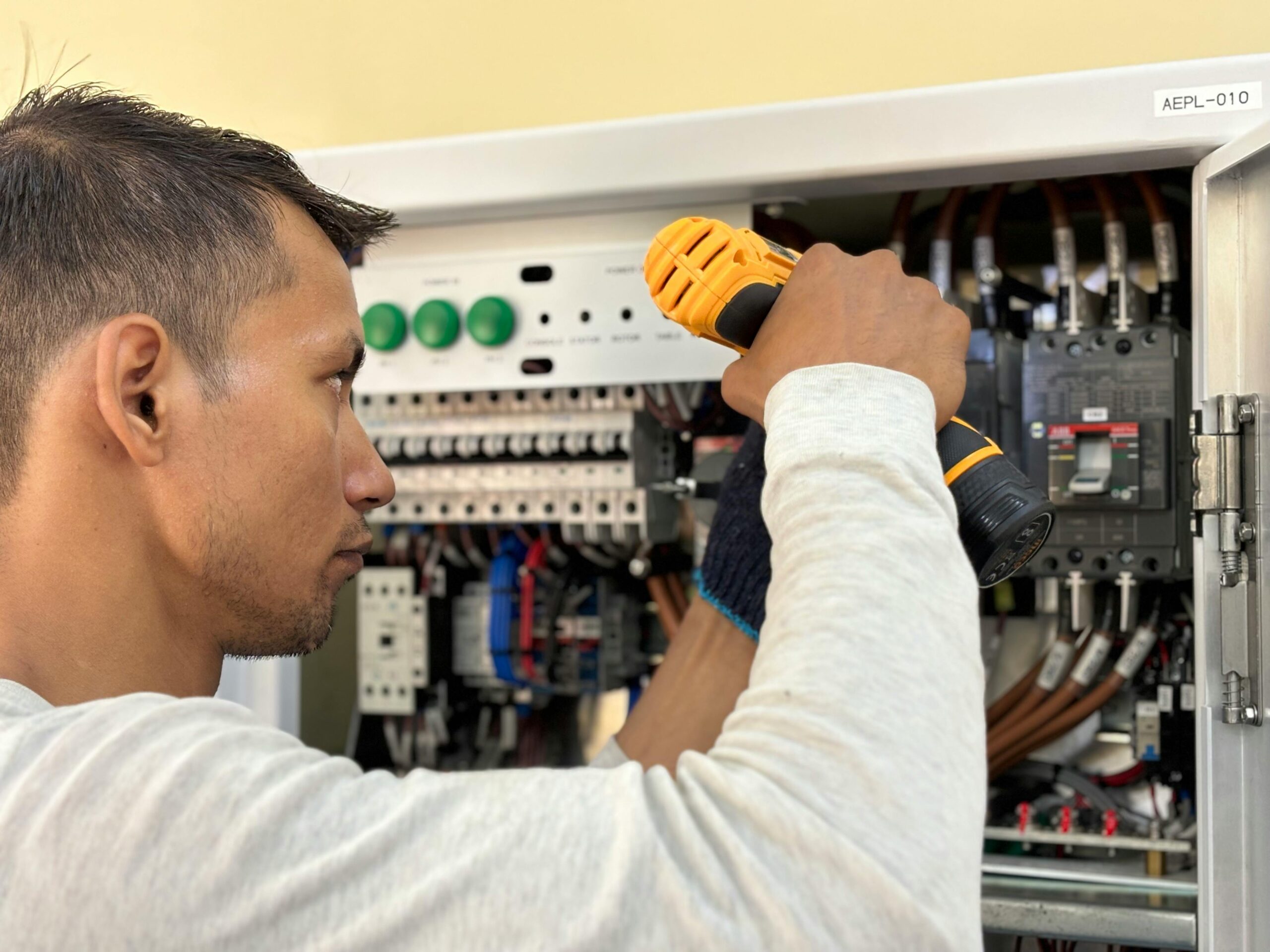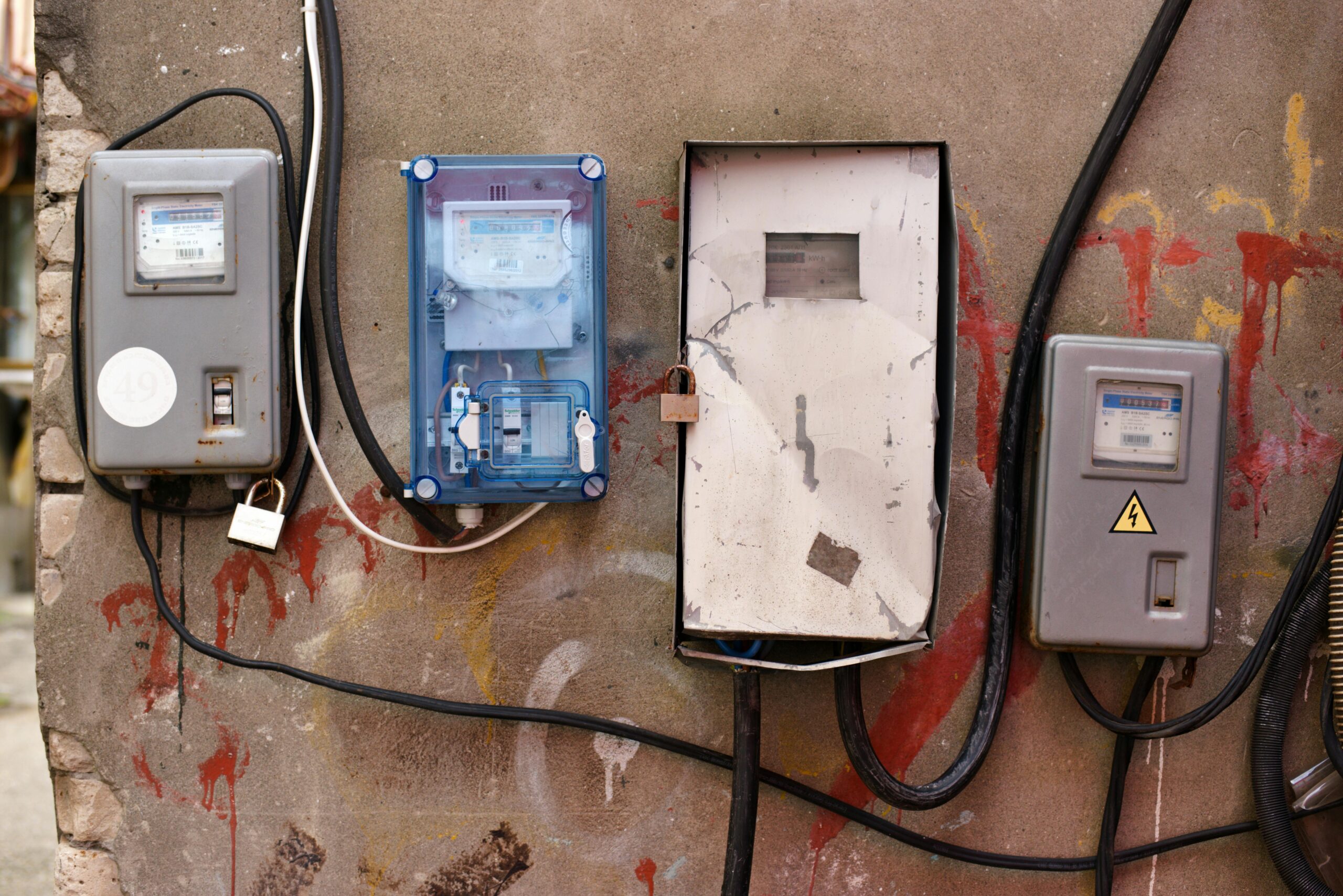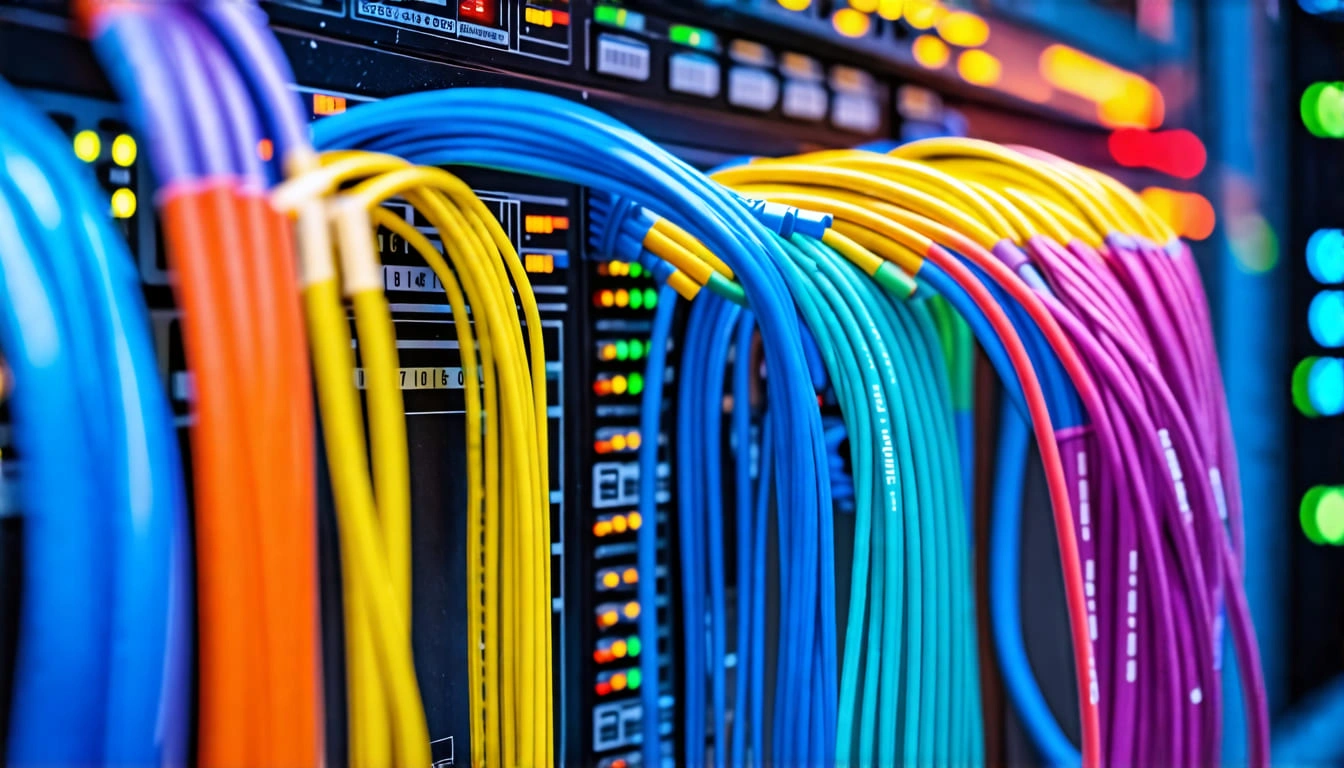Solar panels are devices that capture energy from the sun and convert it into electricity. They are a clean, renewable energy source that can reduce your electricity bills by harnessing the power of sunlight. Solar panels use photovoltaic cells to capture sunlight, producing direct current (DC) electricity.
This DC electricity is then converted into alternating current (AC) electricity through an inverter, allowing it to be used in homes or businesses. The importance of reducing electricity bills cannot be overstated, as it can help people save money and positively impact the environment. In this blog post, we’ll provide an overview of what exactly solar panels are and how they work and discuss some of the benefits associated with using them. Keep reading to learn more!
Factors that Affect Electricity Bills
Electricity bills are calculated based on factors such as the amount of electricity consumed, the rate applied by the electric utility, and other charges associated with electric service. Factors that affect these costs include:
- Location-specific rates
- Seasonal variations in electric use
- Government regulations related to electricity generation and pricing
Solar panels can help reduce electricity bills by providing an alternative energy source – either through powering a home or business entirely or helping offset some of the costs associated with traditional power sources.
Advantages and Disadvantages of Solar Panels
Solar panels offer many advantages, but they also have their disadvantages. Here is a quick overview of the pros and cons:
Advantages of Solar Panels
- Cost Savings: Solar panels are an investment that can quickly pay for themselves over time in energy savings from reduced electricity bills.
- Environmental Benefits: Using solar energy reduces the number of fossil fuels burned to produce electricity, making it much more environmentally friendly than conventional electricity production.
- Energy Independence: With solar panels, homeowners can generate energy and increase their independence from traditional utility companies.
Disadvantages of Solar Panels
- Initial Costs: Although cost savings are possible over time due to lower utility bills, installing solar panels requires a significant initial investment that not everyone can afford.
- Weather Dependence: Solar panel efficiency largely depends on weather conditions such as rain, snow, or clouds, meaning the energy generated may only sometimes meet the expected expectations.
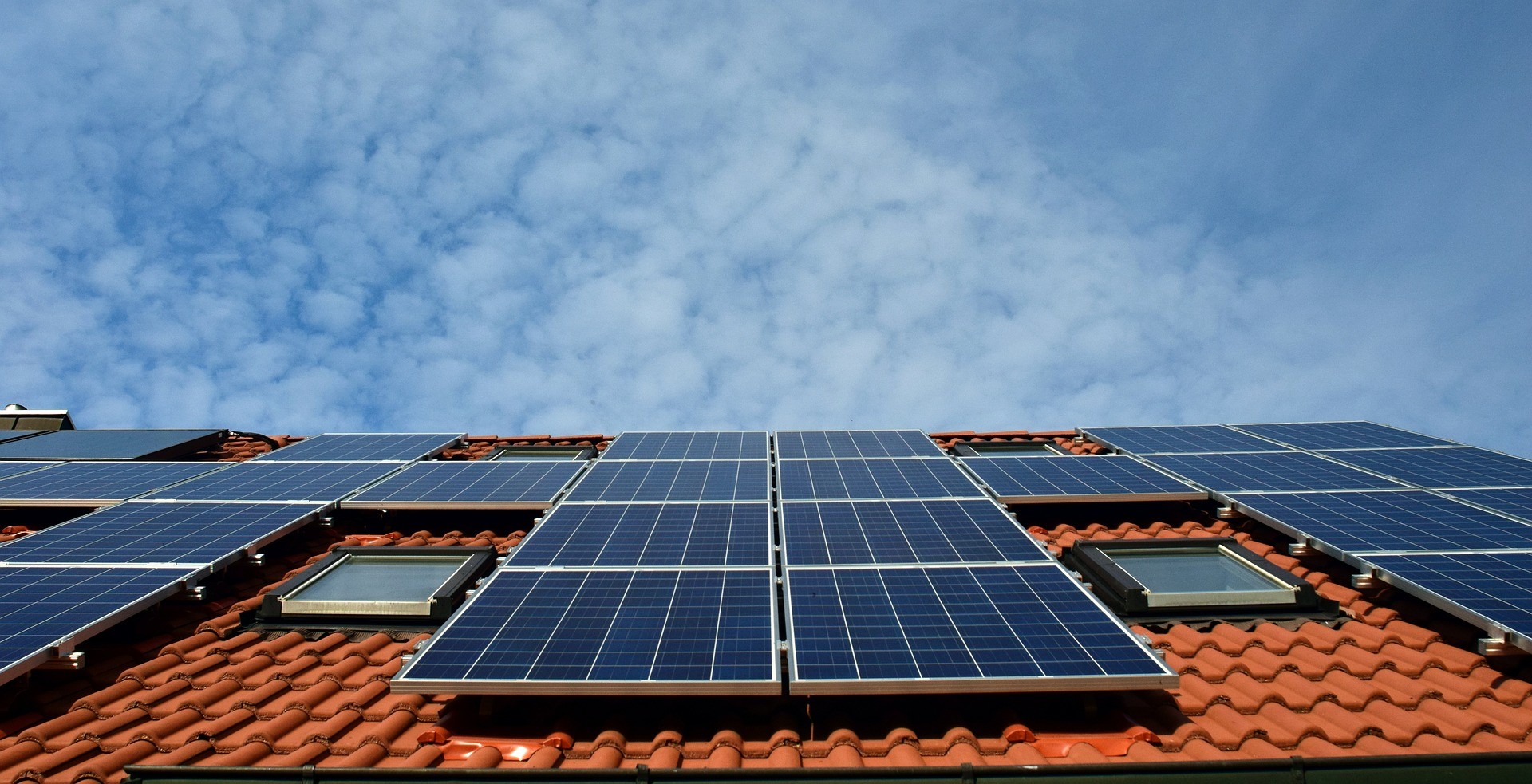
Calculating Potential Savings from Solar Panels
To get started and identify potential savings, it is essential to calculate your current energy use first. This can be achieved by checking past electric bills or using an energy monitoring system. The calculation should include everything from lighting to appliances like washing machines and refrigerators.
Once you understand your needs, consider the potential savings by switching to solar power. Solar panels come with different efficiency ratings and capacities, so it is crucial to determine which size and type best suits your budget and energy needs before moving forward with installation.
Types of Solar Panels
With so many options available, deciding which type of solar panel is right for you can take time and effort. This article helps break down the differences between monocrystalline, polycrystalline, and thin-film panels to ensure that your home or business gets only renewable energy.
- Monocrystalline:
- Pros: It has the highest efficiency rate, typically 15-20%, making it the most space-efficient panel type. It also has a longer lifespan than other types, so getting more value from purchasing it is possible.
- Cons: They tend to be the most expensive solar panel type due to their higher efficiency and longer lifespan. Additionally, they typically require more maintenance than other types.
- Polycrystalline:
- Pros: This panel type is more affordable than monocrystalline panels and offers slightly lower efficiency rates (13-16%). Plus, they are easy to install and require less maintenance than other types.
- Cons: They take up more space for the same amount of electricity produced compared to monocrystalline panels, which can be an issue in limited spaces such as rooftops with limited capacity or small homes that need electricity but have limited room for solar panels. They also tend to lose their efficiency faster over time than monocrystalline panels.
- Thin-film:
- Pros: These are the cheapest type of solar panel available on the market, but they still offer decent performance ranging from 8-14%. They are lightweight and versatile enough for many applications like roofing materials or windows that generate solar energy while providing shade.
- Cons: They have the least efficient models among all types and take up lots of space when installed compared to monocrystalline or polycrystalline panels with similar power output levels; they also tend to degrade quicker under extreme environmental conditions such as heat and moisture
Cost of Solar Panels
The average cost of solar panels varies depending on the system size, type of equipment used, and other factors. Generally speaking, the larger the system size and the more efficient the equipment used, the higher the total cost. Factors that affect the cost of solar panels include location-specific incentives such as net metering or tax credits, installation costs, roof type and structure integrity, panel quality, and efficiency ratings.
Considering these variables, a residential-sized photovoltaic (PV) solar panel system can range
anywhere from $12,000 to $30,000 before any available incentives are factored in.
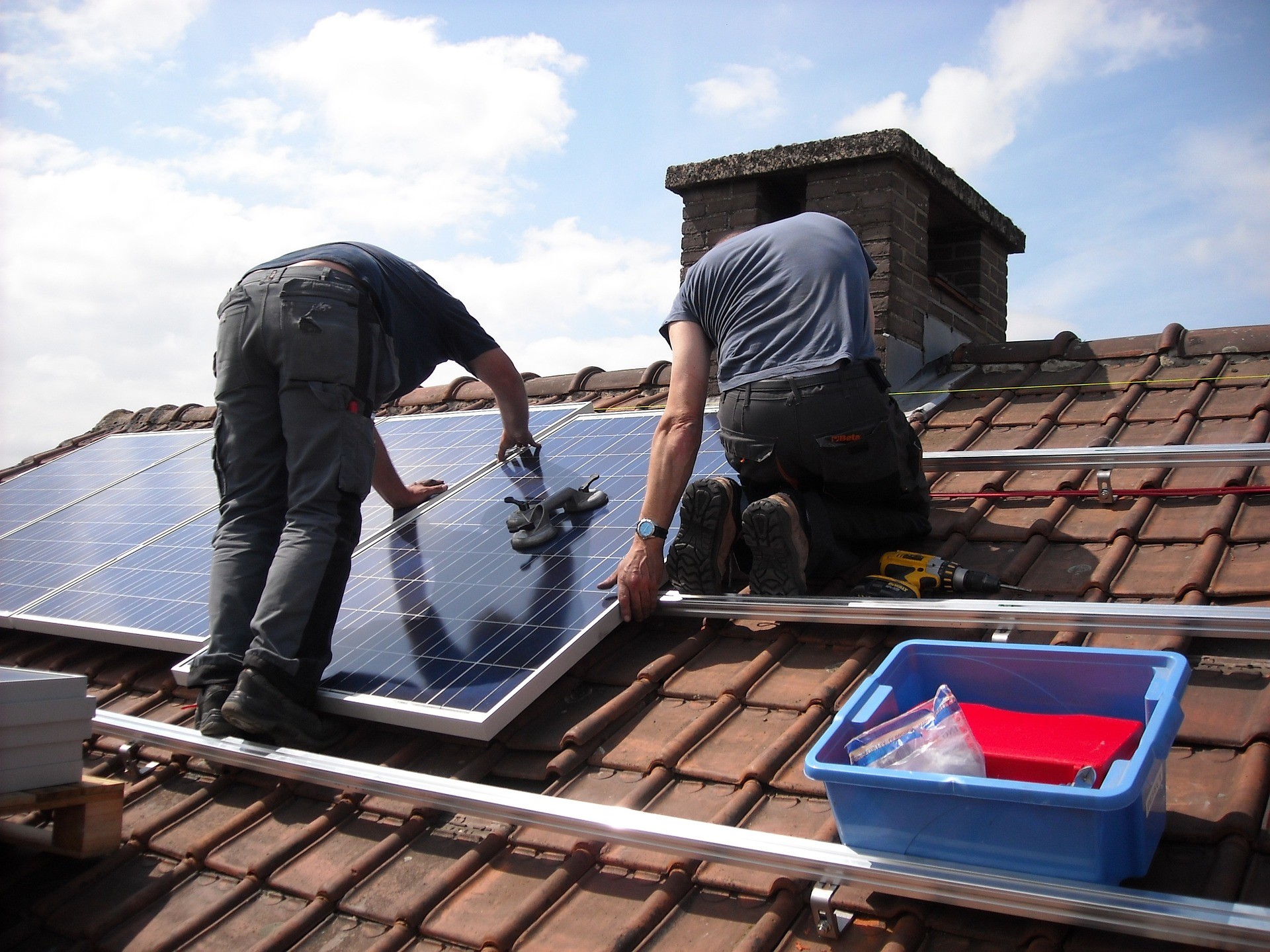
Financing Options for Solar Panels
Solar panels can be purchased outright, leased, or financed through a solar loan to reduce the upfront costs of installation. In addition, tax incentives and rebates are available at both the state and federal levels to help offset some of the cost of solar panel installation. Financing options for solar panels range from traditional bank loans to specialized financing programs designed specifically for solar projects.
No matter which option is chosen, it’s essential to research thoroughly to find the best deal. Solar energy is an investment that will pay off over time with lower electric bills each month and a reduced carbon footprint, so taking full advantage of all available financing options is essential.
Choosing a Solar Panel System
Choosing a solar panel system requires careful consideration of several factors, including sizing the system correctly, evaluating the available providers, and assessing any potential savings or other benefits. In addition, sizing a solar panel system requires determining the amount of energy needed and finding panels that will generate enough power to meet those needs.
Evaluating solar panel providers involves researching their history, customer service record, pricing structure, warranty terms, and installation costs. Finally, looking at any potential savings or other benefits associated with going solar such as state and federal incentives or credits that may help reduce up-front costs, is essential.
Installing Solar Panels
However, the process can be complicated, so it is vital to find a qualified installer to ensure the best results.
Here are some steps you should follow when installing solar panels:
Finding a qualified installer: Before beginning the installation process, it is essential to find an experienced installer who can guide you through the appropriate paperwork and provide professional advice as needed.
Preparing for solar panel installation: Once you have chosen an installer, you must prepare your home or business for the installation. This may include assessing your property’s power needs, calculating the necessary space for the panels, obtaining any required permits, and other measures that may vary depending on your location and specific setup.
Timeline for installation: Finally, discuss the timeline with your installer so that you know what to expect during the installation process. Projects involving solar panels typically take about two weeks from start to finish; however, this can vary based on environmental conditions and other factors, such as access restrictions due to COVID-19 regulations in some areas.
Maintenance and Upkeep of Solar Panels
Installing solar panels is just the beginning; ensuring they are properly maintained is also essential to maximize their effectiveness. Here are some tips for maintaining and caring for your solar panel system:
- Regular maintenance: To keep your system functioning at optimal levels, it is essential to perform regular maintenance checks. This should include checking the wiring, inspecting the battery cells, and cleaning any dirt or debris that may have accumulated on the panels.
- Common issues with solar panels: A few common issues can arise with solar panels, such as water leakage or inverter failure. It’s essential to be mindful of these potential problems and address them promptly so as not to cause further damage or disruption.
- Upgrading solar panel systems: Depending on your location and energy needs, it may be necessary to upgrade your system occasionally. Consider adding additional batteries or upgrading the inverter to ensure maximum efficiency.
Comparing Electricity Bills Before and After Installing Solar Panels
Comparing electricity bills before and after installing solar panels is integral to tracking electricity usage and production. By examining your pre-installation energy bills, you can understand how much energy your home or business requires and determine the size and type of system needed to meet those needs.
After installation, reviewing post-installation bills is vital to ensure your solar investment provides the expected savings. This comparison will also give you insight into seasonal changes in usage patterns so that you may adjust settings when necessary to maximize efficiency.
Other Considerations When Reducing Electricity Bills
Power bills are a considerable expense many of us face, but there are several ways to reduce the amount you must pay each month. For example, utilizing energy-efficient appliances is one way to save money by reducing the amount of electricity used. Smart home technology is another excellent way to utilize your home’s power more efficiently and reduce the electricity you use overall.
Finally, behavior changes like turning off lights when not in use or unplugging devices that aren’t being used can also help lower your electricity bill.
Potential Roadblocks to Installing Solar Panels
Installing solar panels on your property may run into a few roadblocks, including homeowner associations or zoning regulations. Some restrictions to consider if you want to use solar energy in your home are ones regarding the roof or other elements of the property. Make sure to check with local authorities and organizations to make sure you are aware of any applicable rules before beginning the installation process. In some states, laws and regulations can even provide incentives for solar panel installation.
The Future of Solar Panel
The future of solar panels is looking very bright. Advances in solar panel technology have consistently improved efficiency and lowered cost, making them an increasingly popular energy source for homes and businesses worldwide. In addition, the potential for full integration of solar panels on rooftops, roads, parking lots, aircraft, and even windows is increasing significantly.
Research teams are finding efficient new ways to capture the sun’s energy from all angles, providing clean energy at a cost-effective price. With the impact of global climate change requiring us to reduce our carbon footprints, these new technologies offer hope for a more sustainable future with access to renewable energies wherever possible.
Conclusion
Considering all aspects of potential solar panel installation and benefits is essential. You can feel good knowing that by investing in solar technology, you’re helping reduce your carbon footprint and impact on the environment in tangible and intangible ways. If you want to learn more about how solar panels may help your pocketbook and the planet, please check out Smith & Jones Electric for more information. Don’t wait – take advantage of this innovative technology today!
We help companies refine their messaging, hone in their sales process, and grow their pipeline – all with a new website.

